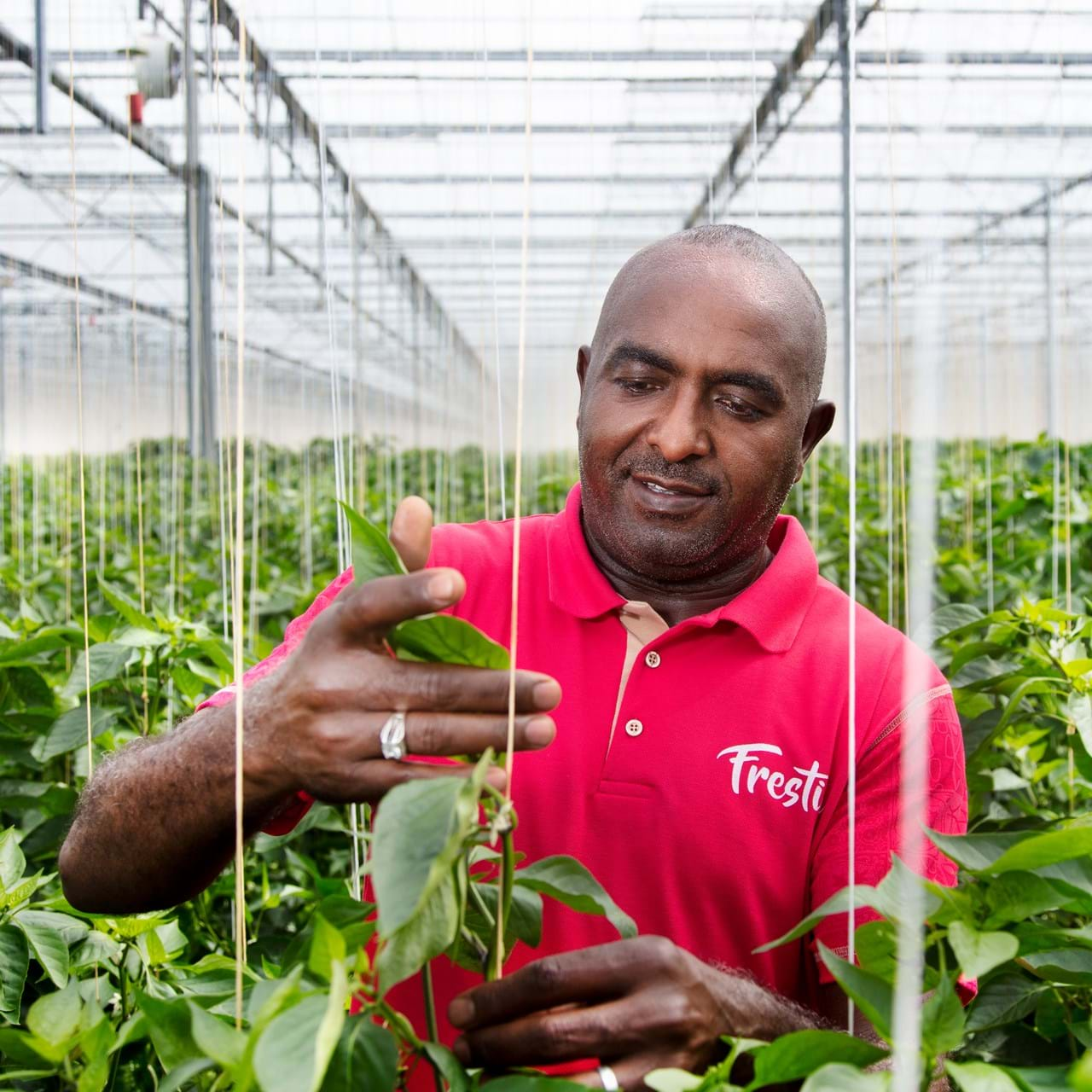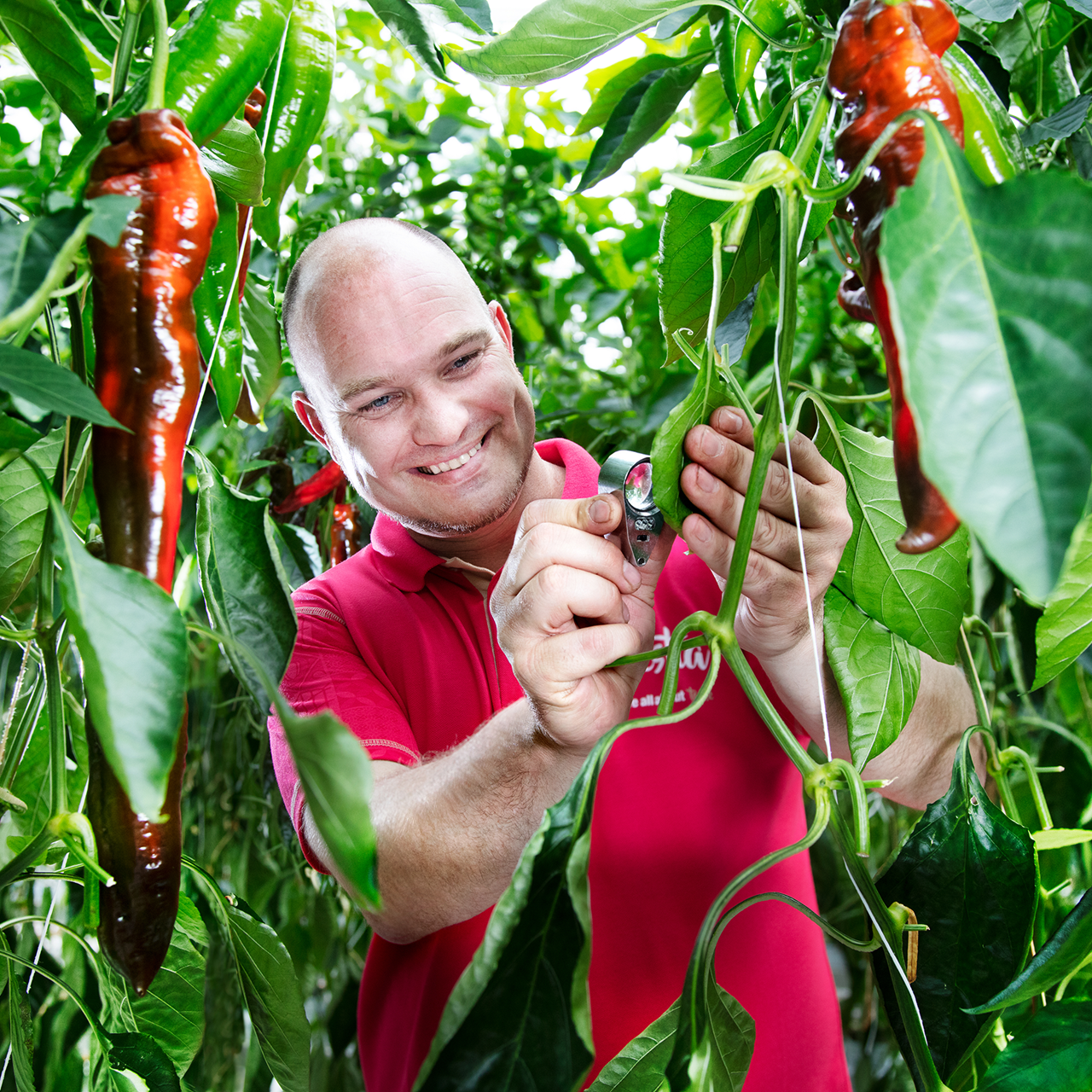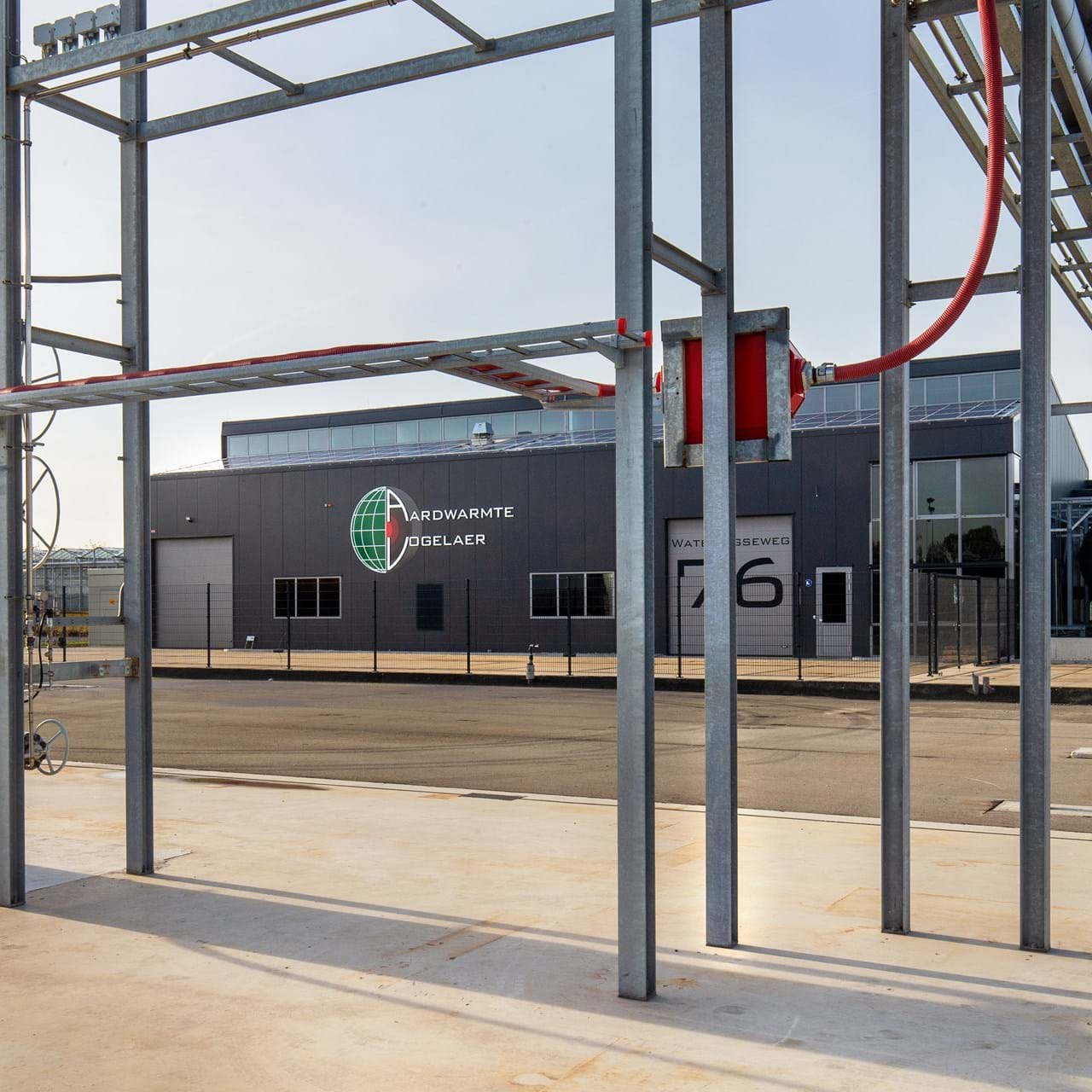Sustainability is in our DNA
We grow our sweet snack peppers, mini cherry tomatoes, and sweet pointed peppers in a sustainable and innovative way. In many areas, we take our responsibility seriously. With this, we make a promise: our products are the source of a healthy life! We are committed to a healthy individual and a healthy environment. For example, we grow using natural pest control, work on preventing water and food waste, and all our Dutch greenhouses are heated by geothermal energy.
We pay a lot of attention to our employees, local residents, suppliers, and customers. Because sustainability is also about maintaining good relationships.
Quality assurance
We are constantly and deliberately working on optimising our processes. Our work method is laid down in manuals and certified. This gives structural attention to topics such as food safety and sustainability in growing and packaging of our products. Our processes are subject to regular audits to ensure that they continue to comply with applicable standards, and we always strive to identify areas for improvement.
We possess a number of certifications, including:
- GLOBALG.A.P.
- GRASP
- LEAF
- On the way to PlanetProof
- Tesco Nurture
- BRCGS Food
- IFS Food
- QS Wholesale

Biological crop protection
Biological cultivation is second nature to us. We use natural enemies to help fight disease and pests. Our crop protection employee is continuously on the lookout for the right balance so that we can cultivate a clean, healthy product and ensure that our peppers satisfy the most stringent standards.

Geothermal heat, CO2 and sun
Some of the heat required for our locations comes from the ground in the form of geothermal heat. For our location Vogelaer, together with a number of progressive growers, we participate in geothermal project "Aardwarmte Vogelaer". Participation in the project has led to a 65% reduction in fossil fuel consumption on our site alone, which is equivalent to the energy consumption of 1,500 homes.
In addition to heat, our plants also need light, nutrients, and CO2 to grow. We obtain our CO2 as a by-product from the Shell refinery in Pernis. As a result our greenhouses are, on balance, consumers of CO2 for part of the year.
Our locations are equipped with solar panels that make the company 50% self-sufficient in electricity.
